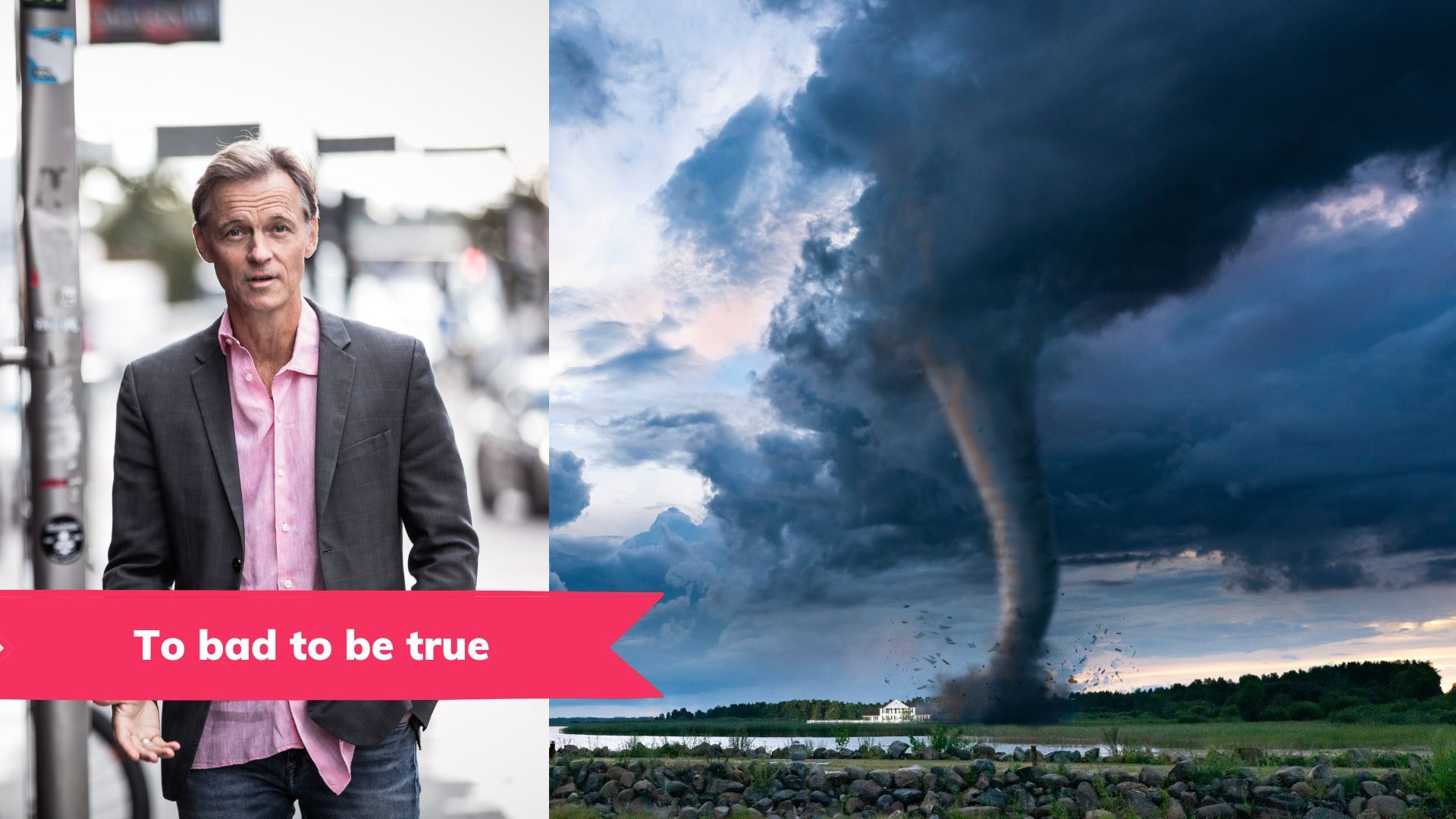Too good to be true?

One reason for the predominance of negative news is that journalists often only review from one perspective. They hear positive news and immediately think, "That sounds too good to be true."
Sometimes they are right. The news had too positive of a bias or was exaggerated. Sometimes they are wrong but indulge in writing something negative in any case, or they completely ignore the news. Sometimes, after reviewing, they write the positive news.
Too bad to be true?
But they should more often react the same way when something negative is presented and think: "This sounds too bad to be true." With that as a starting point, they should investigate negative news as if it is harsh and exaggerated.
Therefore, we are now launching a series of too-bad-to-be-true investigations.
Warp News produces fact-based optimistic news to counter the negative excess in other news media, so we get a balanced and accurate picture of reality.
First investigation: Extreme weather
Anders Bolling, with 20 years of experience from Sweden's largest newspaper Dagens Nyheter, begins our series with a review of the alleged increase in extreme weather, such as tornadoes, storms, thunderstorms, and floods.

Isn't climate change real and dangerous?
Climate change is a major problem for humanity and this planet. Our view is that we should do much more to deal with them in a quicker way, one thing being to swiftly move away from the fossil-dependent society.
That is why we write about the entrepreneurs who are accelerating this change. Like Anders Forslund, founder of the electric airline Heart Aerospace. Pernilla Westergren, who makes climate-friendly dog food from insects. William Bergh, who creates a digital mine to recycle car batteries. And Jesper Jonsteg, who develops financing solutions to enable climate investments.
We do not think the best way to deal with climate change is to exaggerate the problem. The real problems are serious enough as it is.
Mathias Sundin
CEO and co-founder, Warp News






